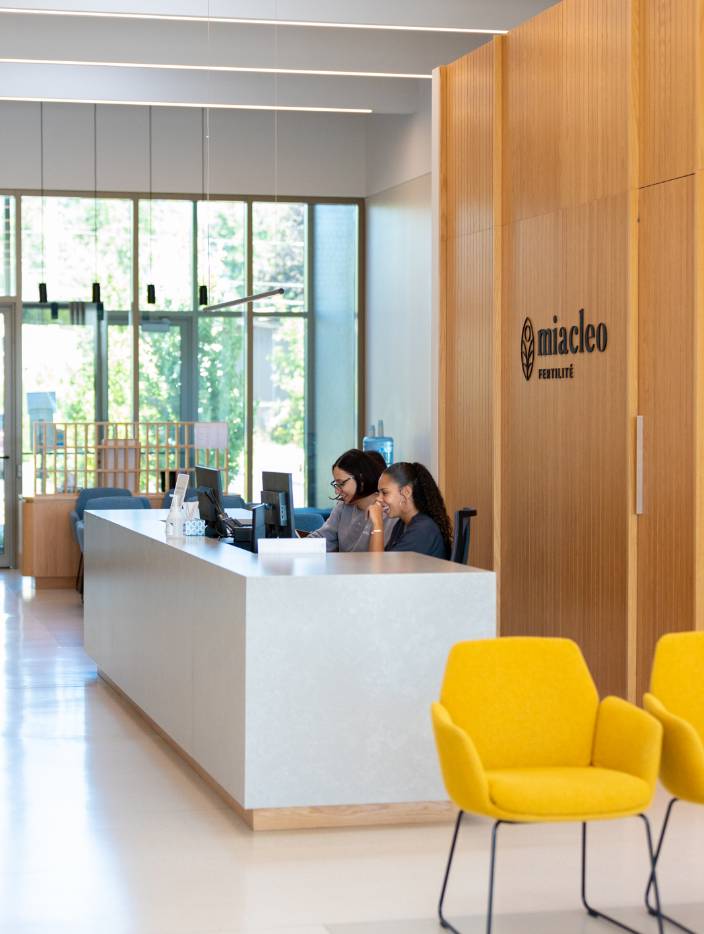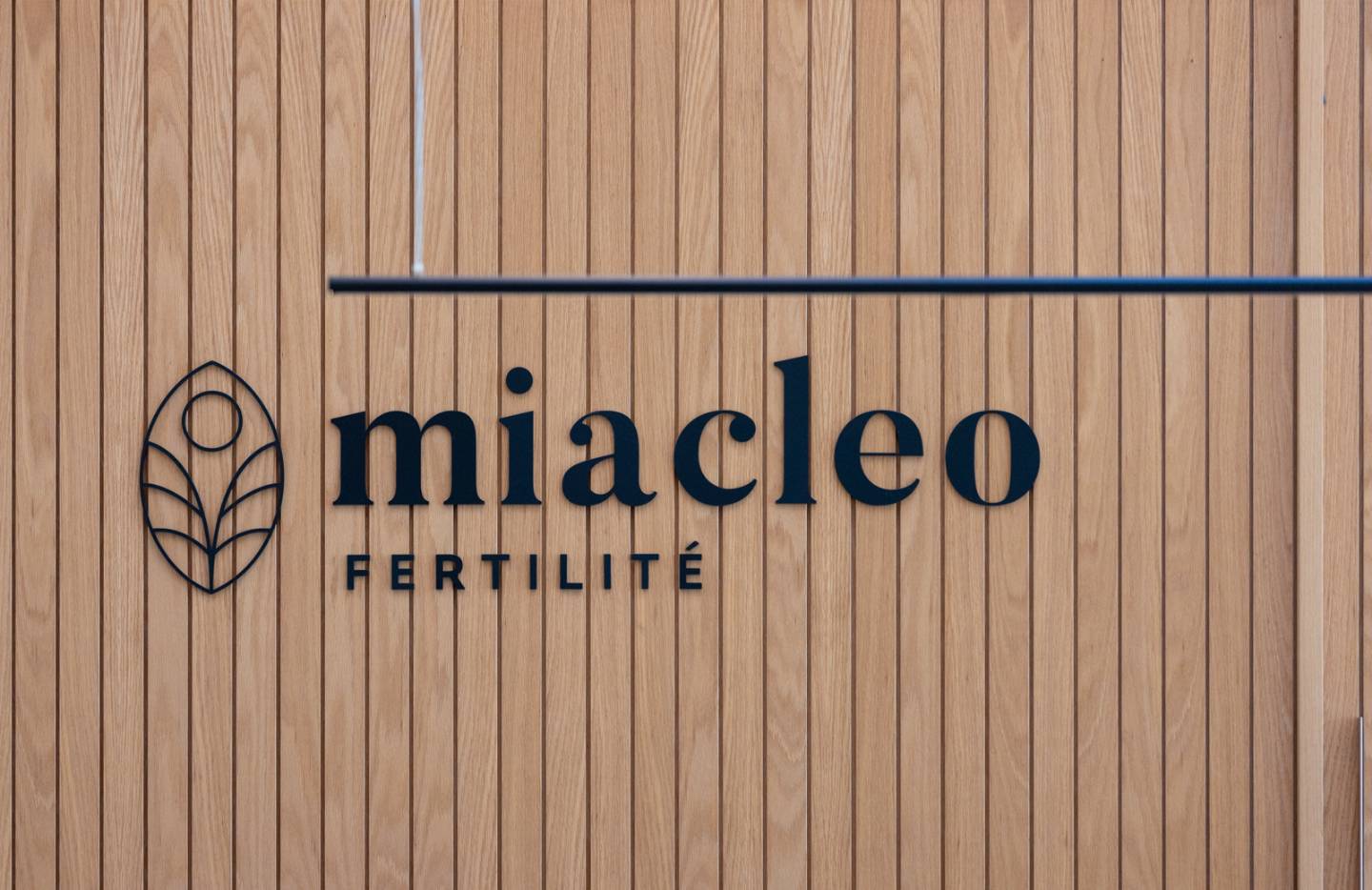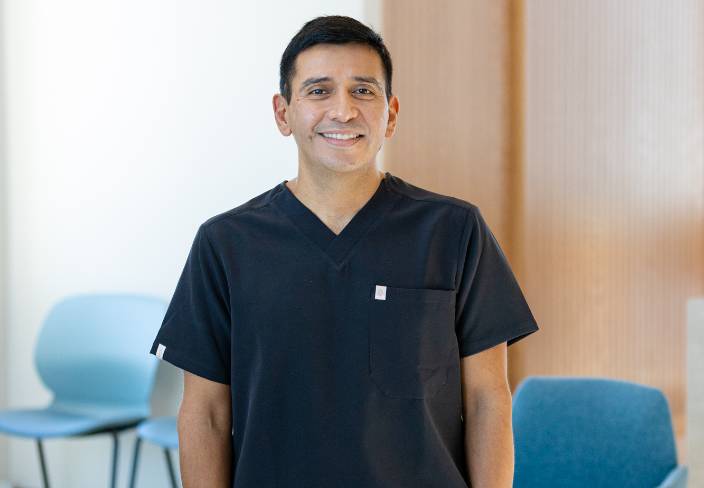Fertility preservation is a technique that involves freezing or cryopreserving fertile eggs or sperm to use them in the future to conceive a child.
The procedure is typically used in two contexts:
- For medical reasons: Before undergoing potentially sterilizing treatments like chemotherapy or radiation therapy for cancer.
- For social reasons: For example, when a woman wishes to delay motherhood for professional or personal reasons, or in the absence of a partner.
The Egg Freezing Process
The procedure requires a few appointments and is divided into three main stages:
- Health tests and ovarian reserve assessment
- Ovarian stimulation, including medication
- Egg retrieval, freezing, and storage
Eggs can be stored indefinitely, and when the woman wishes to conceive, they are thawed and fertilized in vitro. The resulting embryo is then transferred to the uterus. While the process is painless, patients may experience mild discomfort in the hours following the procedure.
The Sperm Freezing Process
Sperm is first collected (via masturbation) and analyzed. It is then processed and placed in 0.5 ml straws. A period of abstinence of 2 to 5 days between each sample is required. It is essential to begin as early as possible when chemotherapy, radiation therapy, vasectomy, or hormone treatments that may affect fertility are planned.
Sperm can be stored indefinitely. When the time comes to attempt conception, the sperm sample is thawed and used with fertility techniques like intrauterine insemination or in vitro fertilization to achieve pregnancy.


Success Rates
Although egg/sperm cryopreservation offers many benefits, it does not guarantee a future pregnancy. A woman’s age and the number of eggs she successfully freezes impact the likelihood that these eggs will lead to a pregnancy.
According to Dr. Niamh Tallon, for women under 35, with 10 eggs retrieved, the projected birth rate is 60%. For women between 38 and 40, if 10 eggs are retrieved, that rate is 40%*.
What Costs Should Be Expected?
It’s important to note that the procedure is not always covered by public health systems. Currently, in Quebec, RAMQ** may cover sperm or egg preservation in the case of cancer for the first 5 years of treatment.
RAMQ generally does not cover the procedure for social or personal reasons.
Expect to pay around $5,000 for the complete egg-freezing procedure, plus annual storage fees of around $500 per year. A tax credit may be available depending on income**.
For more information, consult our fees.
* https://ici.radio-canada.ca/nouvelle/2034534/congelation-ovules-fertilite-grossesse#:~:text=La%20technique%20utilis%C3%A9e%20est%20appel%C3%A9e,une%20possible%20f%C3%A9condation%20in%20vitro.
** According to the RAMQ program criteria in effect.

